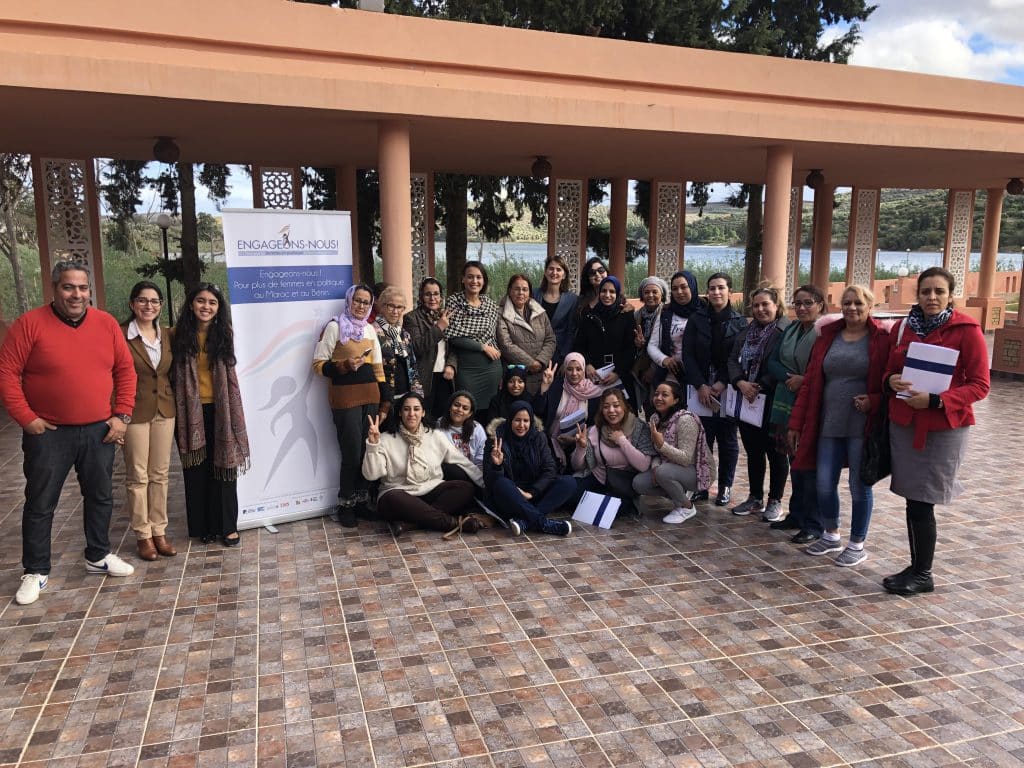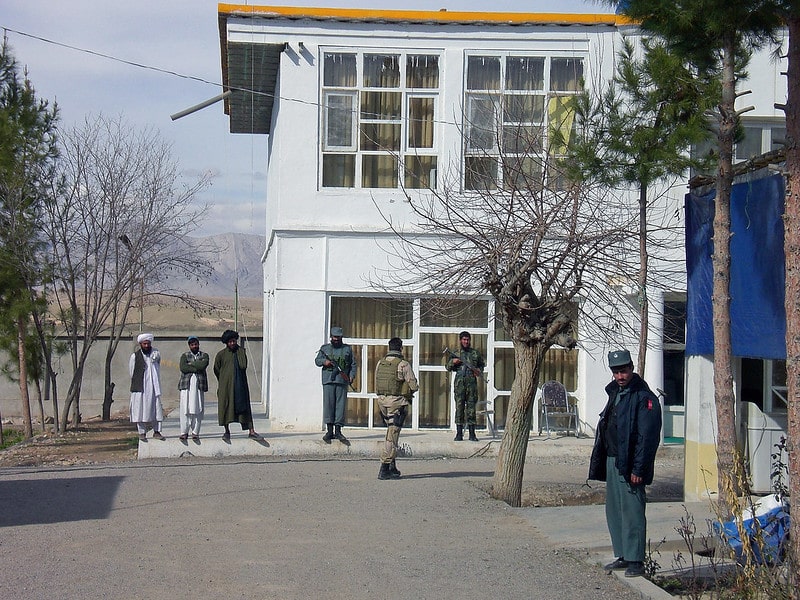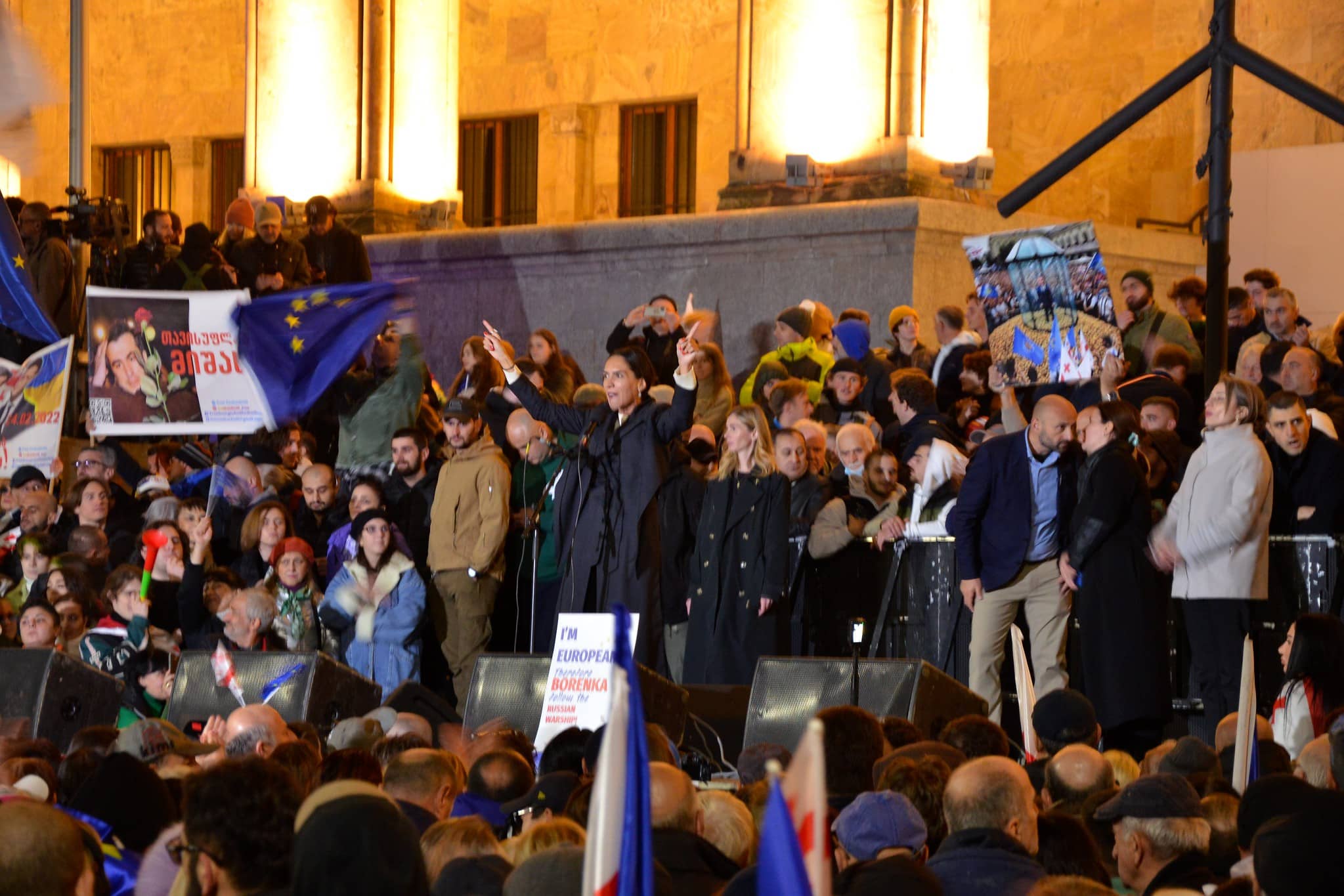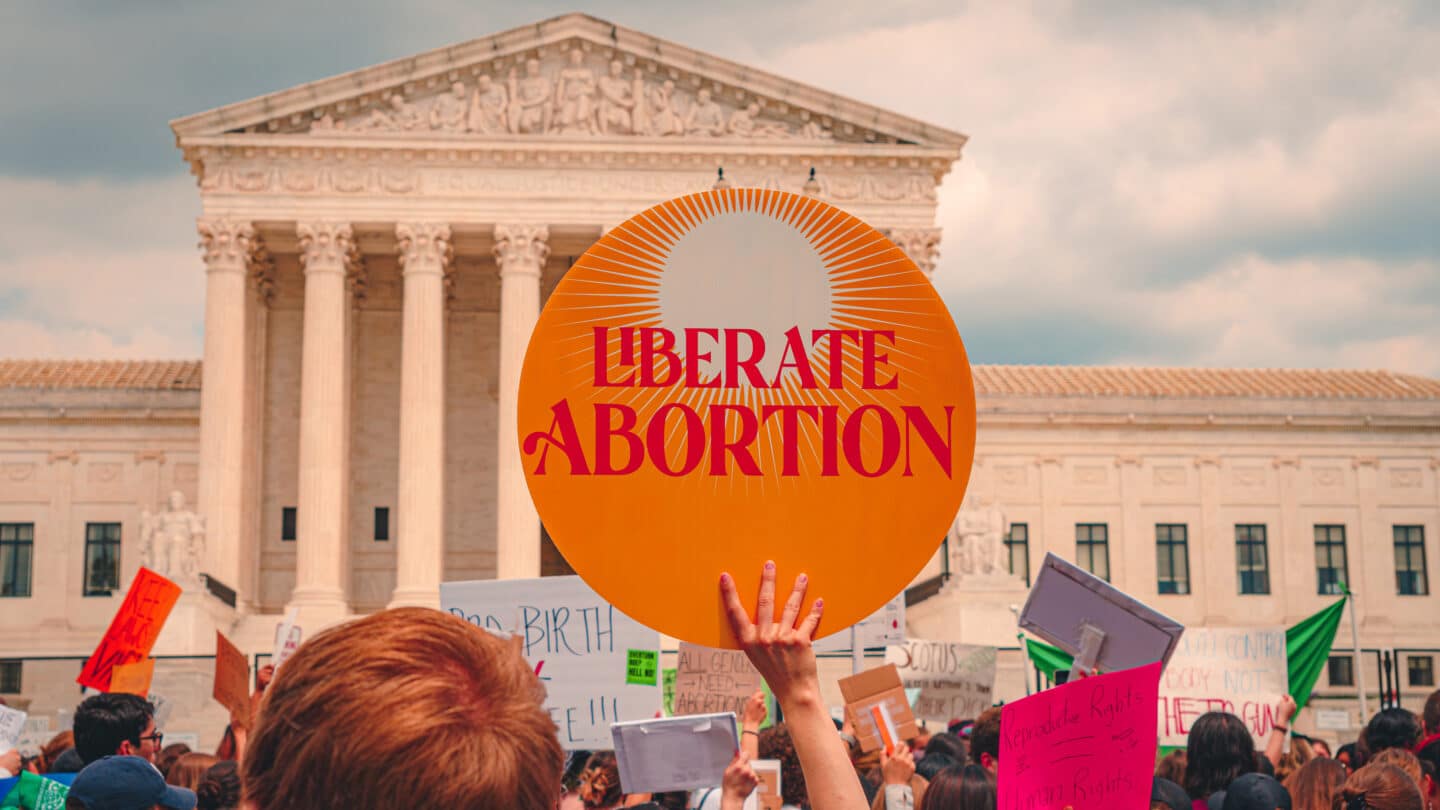Did you watch any of the election debates during the last Provincial Council elections? Then you must have noticed: lots of men in suits. We currently have only a few female party leaders in the Netherlands. Not only that: women occupy only 46 of the 150 seats in the Lower House, are underrepresented in top positions and are still paid less in the same positions. Fortunately, many projects exist to change this. One well-known example is 'Vote for a Woman', an initiative to promote women's political empowerment and representation. As a result, 42 women were elected with preferential votes last election. But there is still a world to be won, even though women have been allowed to stand for election for more than 100 years.
Unfortunately, there are plenty of countries where women's emancipation still has a much longer way to go. Morocco, for example, where women face numerous barriers. They are at a great disadvantage in politics due to patriarchal culture, sexist behaviour, social stereotypes as well as low levels of education, illiteracy and poverty. Although Moroccan society is rapidly changing and modernising, the number of women in parliament lags behind. Only 20% of the seats in the Moroccan House of Commons are occupied by a woman. In the Senate, the number is even lower: A paltry 11.7%[1]. Underrepresentation is also seen within political parties, from the left to the right. Boards consist mainly of men and women are heavily underrepresented in the highest positions. Only one political party in Morocco has a female leader. So it is time for action!
That is why the FMS, together with several other European political foundations, submitted a project proposal to the European Commission last year. With the project 'Get Involved! Women Empowerment in Morocco and Benin' we focus on the leadership of parliamentary-represented parties and young women activists eager to become politically active. Part of the 'Get Involved' project are mentoring programmes, networking meetings, exchange visits and a host of training courses.
FMS activities
As FMS, we are involved in carrying out two types of activities. First, we organise so-called capacity building trainings for women party members and activists of the Fédération de la Gauche Démocratique (FGD) - our Moroccan sister party. Many lack not ambition, but the ability and skills. The will is there, but how exactly do you make your voice heard? That is why in these trainings we focus on, for example, public speaking and dominance techniques. These are strategies for exerting power (with words) over others. This can be done by ridiculing, underestimating and insulting a person, or by simply withholding information. Through role-plays, FMS trainers show participants how to recognise these situations and how to deal with them. Meanwhile, we have already organised two capacity-building trainings in Rabat and Tetouan, strengthening the skills of over 40 women.
Secondly, we organise training sessions in which the FGD leadership is made aware of the importance of women in key positions. Without the consent and willingness of the predominantly male party leadership, capacity trainings for women are in vain. They need to see that they can benefit from gender equality and that the party as a whole will benefit. It is therefore necessary to convince the broader party leadership of the need to strengthen the role of young women members in their party structures, but also to more effectively support women politicians' access to positions of responsibility. The training sessions therefore reflect on the FGD's diversity policy through a SWOT analysis. By analysing strengths, weaknesses, opportunities and threats, they can define a new strategy. With the first training in Marrakesh, we made a start in convincing the FGD of the importance of gender equality.
In 2020, Moroccans will go to the polls again to elect a new parliament. Our goal is to have a new generation of women politicians ready to be elected by then.
Curious about the project? Then come to the Africa Day on 13 April! During the Africa Day, a workshop will be organised in which female politicians, activists and project implementers will talk about the various activities and the first results. You can register via this link.
Want to know more about the project immediately? Then take a look at the Democracy-page of our website.
[1] http://archive.ipu.org/wmn-e/ClaSSif.htm
Besides the FMS, several political foundations from different countries are participating in the project, including the German Konrad-Adenauer Stiftung (KAS), the Friedrich-Ebert-Stiftung (FES) and the Center Party International Foundation (CPIF) from Sweden. The entire project is co-funded by the European Union.





